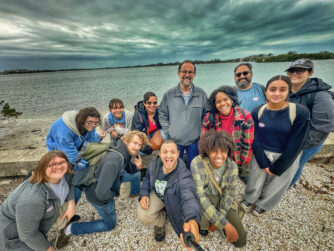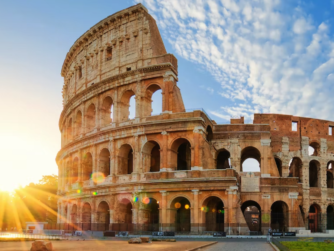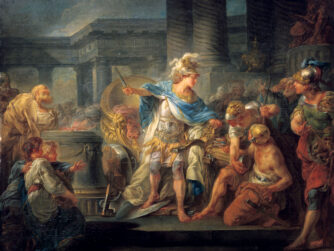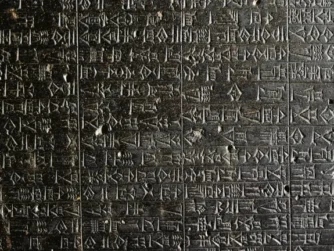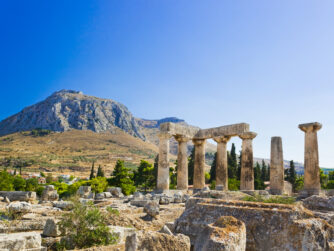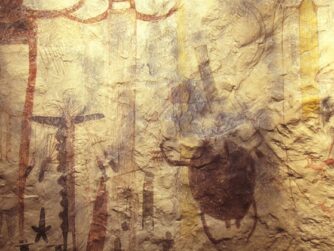Formerly “From Romulus and Remus to Augustus“, this course has been extended to cover the Roman Empire period. Lectures are divided into four segments: the cultural context of Rome’s founding; the Kingdom, the Republic, and the Empire periods.
Course Descriptions
The rise of Rome from a small, inland city-state to the capital of Europe’s first empire spanning three continents provides one of the greatest stories in ancient history. This course will explore the development and cultural evolution of Rome from its legendary founding by the twin brothers of Romulus and Remus to a world super power and its ultimate collapse and demise.
Learning Objectives
- To know the primary historical events of ancient Roman History.
- To be able to critically discuss the historical texts and ascertain what are reliable sources (textual and material) for knowing and understanding ancient Roman culture and history.
- To explain broadly how ancient Rome’s politics, society and culture were interconnected.
- To illustrate aspects of Rome’s political transformation from its foundation to the time Constantine the Great.
- To be able to identify the factors that brought cultural change from Rome’s beginning to its final days.
- To relate, compare, in what ways the Roman system anticipates modern political and cultural problems.
- To explain broadly how the Roman empire’s socio-political and cultural transformations impacted the development of Western society.
History-of-Rome-Syllabus



